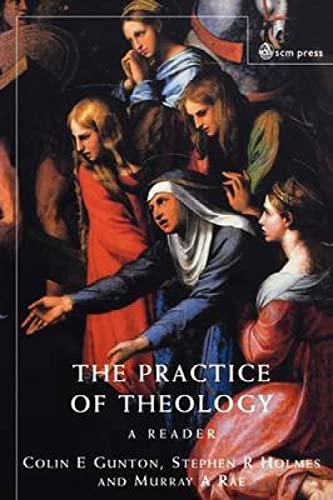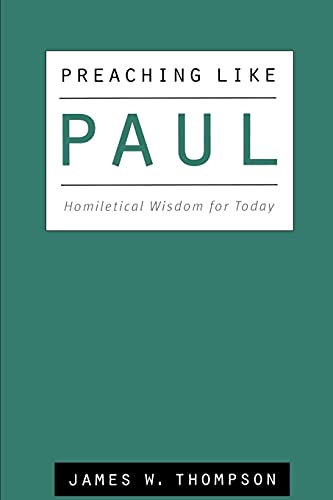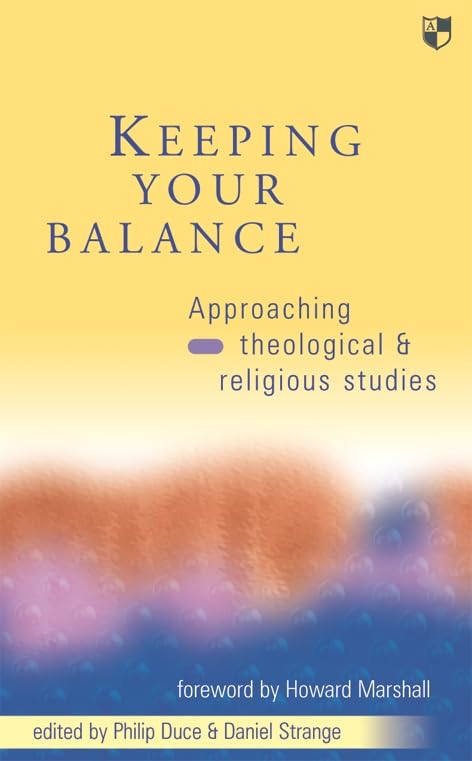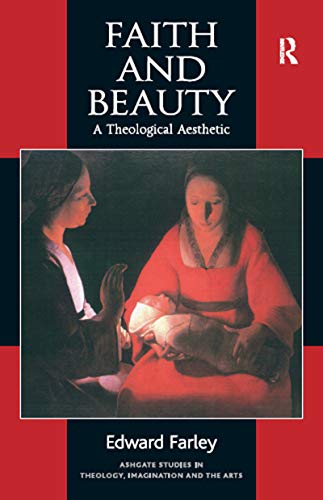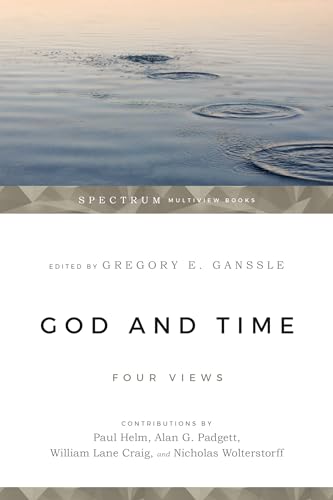THE PRACTICE OF THEOLOGY. A READER
Written by Colin Gunton, Stephen R. Holmes and Murray A. Rae Reviewed By Mark W. ElliottThis reader is unashamedly neo-orthodox in tone and in its selections tends to favour a Reformed trajectory of historical theology, mostly positive theology in the sense that the selections reflect theology based on Revelation. But the truth is that this is actually a reader in Theological Epistemology. One can see this from the way the book is ordered into its sections (with usually helpful introductory essays) and their titles: sources, meaning of theological discourse, the place of commitment in theological study, the challenges of modernity and postmodern philosophies, hermeneutics and other faith traditions.
For the reader trying to get a sense of the project, it is probably best to start at the end with Colin Gunton’s essay: ‘Doing theology in the university today’. There he argues, ‘Scripture is not a form of enquiry so much as a response to divine speech and action’ (444). Scripture makes use of argument (and thus reason), but the product is a teaching that is given and not to be argued with. So that absolves Scripture from too much embarrassing analysis. ‘Faith seeking understanding’ does not mean that the former is left behind, but that we see both together: that is the dialectic, while he notes that Barth claimed to start with Jesus but go on with Reason (454).
Gunton gives us a quick tour through 7 or 8 main theologians: for example, was Luther in any sense an Ockhamist nominalist? Well, ‘Ockhamists held that our general concepts—like the Platonic forms—did not exist outside the mind, and therefore general philosophical arguments could not serve as a basis for arguments for the existence of God. God could only be known by faith on the basis of authoritative revelation’ (448). But is this the main, let alone the only question we think of when we encounter Luther? Perhaps the modern crisis of epistemology means it should be. Clearly there is here a large emphasis on the rationality of the Christian faith. Or, to take one example in the reader (363): Pannenberg’s modified Lutheranism refuses to speak of the cross as involving the death of God, a theme which he considers to be the excessive assimilation to modern secular culture: ‘The dogmatically correct way of expressing the theological tradition is rather that the Son of God died on the Cross in accordance with the human nature he assumed.’ The point is that God is a God of rationality, so that there should be in theology no flight to unreason or authoritarianism. Faith is thinking with openness to the bigger picture, or with Hegel and Polanyi, thinking is religious! A general attitude of confidence in the meaningfulness of the world (since creation is ‘good’) that encourages rational enquiry’ is maintained.
Three points of focus come across: 1. Faith and Reason; 2. The importance of theological tradition for these editors and 3. The knowability of God as Self-Revealer. These 3 points are all connected in a Christocentricity, ‘the concern that the Bible should be about Jesus Christ and his gospel only’. Yet we get very little on the issue of Christology itself, while Trinity, Soteriology, and Church are hardly addressed at all, except as they relate to Epistemology, e.g., that the church is built on the foundation of prophets and apostles (Eph. 2:20) in Calvin’s Institutes 1.1.7. There seems little advance on theology as fundamental theology, epistemology and anthropology. Perhaps the reason for this is the urgency of ‘questions about the nature of the human person in a world apparently threatened with depersonalising forces’.
Towards the back of the book we encounter a rather odd glossary of names, with what appear to Gunton’s friends Watson, Woodhead and Schwoebel in the elevated company of Augustine, Thomas, Schleiermacher, etc. I have already used the texts from Barth, Balthasar and Augustine in class. They are a little hard for first years.
It is helpful for debutante theologians in that the questions and introductions to sections are helpfully basic, but the selections are not always so. Good for second years then. But the title Practice of Theology is a little misleading.
Mark W. Elliott
Liverpool Hope University


